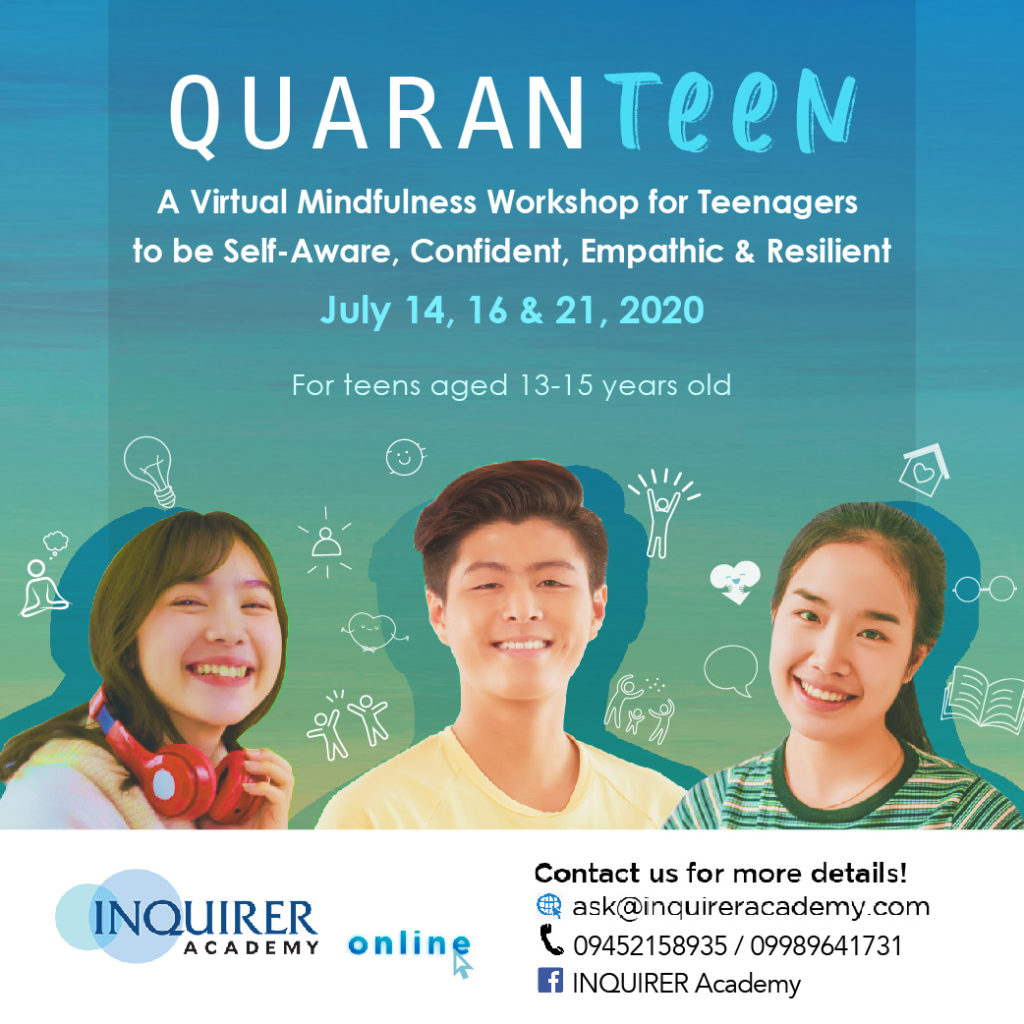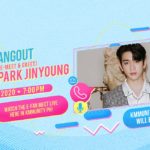Approaching 100 days. Yes, that’s how long we have been on quarantine since the beginning of this pandemic. We are no longer shifting into the new normal. We ARE in the new normal already. For the past months, students have had to deal with online classes from home, cancelled activities, virtual graduation ceremonies, and many lost opportunities to be with their peers. Long periods of staying at home have triggered some mixed feelings of boredom, anxiety, and depression. Parents have had to deal with working from home, too, surviving through volatile daily routines and stressful multi-tasking. Tensions may have risen at home and a tendency for some young people to feel socially stranded.
While we cannot control what is happening outside, we still have control over how we respond and how quickly we can shift our mindset to the current situation. As futurist and philosopher Alvin Toffler once wrote: “The illiterate of the 21st century will not be those who cannot read and write, but those who cannot learn, unlearn, and relearn.”
So, what is it that we are challenged to learn, unlearn, and relearn?
We all know how the use of gadgets have often been the bane of modern-day parenting. However, this crisis has compelled us to rethink its potential in helping young people cope with their thoughts and feelings during these extraordinary times. If used correctly and responsibly, technology can be a tool to create safe places for coping and recreating meaningful connections with ourselves, with others, and with the world. I invite our young readers to ask themselves these three basic questions:
- How am I? The convenient response to that question would be “I’m okay” or “I’m fine.” However, many find themselves busier now than ever before! Adjusting into this new normal has made us into human “doings” more than human “beings.” When was the last time you paused from all the noise to just BE? When was the last time you intentionally slowed down to ask yourself how you truly are? To be mindful of your reactions and your needs? For better self-understanding, sometimes you need a third person to mirror these back to you.
- Do I need someone to talk to? People need people. And although I assume that you use your gadgets practically every day to keep in touch with our friends and to engage in various creative online activities, perhaps there is still a greater need to be listened to on a deeper and more personal level. Creating safe places for sacred, guided conversations online can help build your confidence, communication skills, and empathy. It can also be an avenue to share your deepest sentiments, which we otherwise would sometimes be too shy or hesitant to share with our parents and guardians.
- What have I done to help? What can I do to help? One powerful antidote to dispel our negative thoughts and feelings is achievement in service. How have you been using your time, talent, and treasure to reach out to those who most need help at this time? Many young philanthropists and student organizations have utilized online platforms to participate in or to promote various advocacies. Young people are challenged not to “waste” this crisis.
Together, we can leverage on this exciting new space to ignite hope and resilience in these trying times. You are not alone. We can be here for each other!
Yumi will conduct a virtual workshop titled “QuaranTeen: A Virtual Mindfulness Workshop for Teens to be Self-Aware, Confident, Empathic and Resilient” designed for teenagers aged 13-15 years old on July 14, 16 and 21, 2020.
For more information about the workshop and schedule of online courses offered by Inquirer Academy, please email ask@inquireracademy.com, or call (0945) 2158935 and look for Jerald Miguel.
ADVT.




